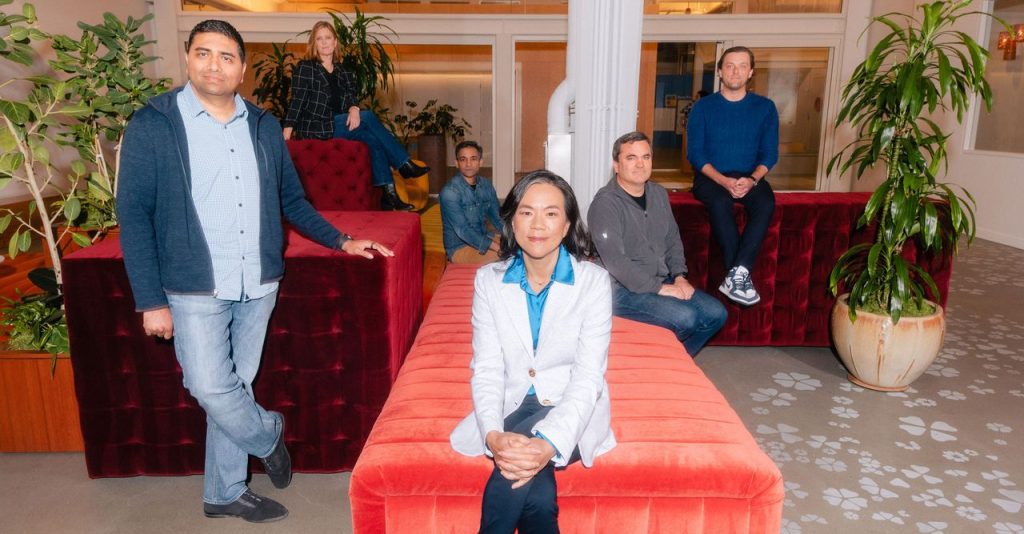Research and Profitability
Although extensive research can provide valuable insights, Google is primarily focused on one key outcome: profit. Currently, most consumers are not inclined to pay directly for AI features, so the company may turn to advertising within the Gemini app. This strategy aligns with Google’s historic approach—giving users free access to tools in exchange for their data, attention, and time, while they agree to terms that limit the company’s liability.
Competitive Landscape
As of now, OpenAI boasts an estimated 600 million global installations for the ChatGPT app, significantly outpacing Google’s 140 million installs of the Gemini app, according to Sensor Tower data. The AI chatbot arena includes numerous competitors like Claude, Copilot, Grok, DeepSeek, Llama, and Perplexity, many of which are supported by Google’s well-resourced rivals or, in Claude’s case, even by Google itself. The industry is grappling with the high costs of generative AI investments, which have yet to yield returns and demand considerable energy, capable of sustaining older coal and nuclear power facilities. While companies assert that they are steadily improving efficiency and reducing errors, no one has yet found a foolproof method for ensuring financial returns or protecting the climate.
Antitrust Challenges
Google confronts a unique obstacle that its competitors do not: Up to 25% of its search ad revenue could be jeopardized due to antitrust rulings in the upcoming years, as indicated by JP Morgan analyst Doug Anmuth. The urgency to stabilize revenue is evident within the company, prompting some members of Hsiao’s Gemini team to work through holidays for three consecutive years to keep up with the demands. Co-founder Sergey Brin reportedly noted that around 60 hours per week is the optimal workload to excel in the competitive AI environment, which has heightened concerns around potential layoffs, burnout, and legal challenges among current and former employees interviewed by WIRED.
Concerns within Google
Many employees share a sense of unease about the future of generative AI. While the technology has clear benefits, even governments historically tough on Big Tech, like France’s, are beginning to embrace its ambitious potential. Within Google DeepMind, CEO Demis Hassabis remains unyielding in his pursuit of artificial general intelligence (AGI), aiming for systems that can think at a human level across various tasks. He often spends weekends testing the Astra prototype, envisioning a future where nearly everything in the physical world is searchable. However, achieving AGI will necessitate advancements in reasoning, planning, and autonomy.
Advancements in AI Capabilities
In January, OpenAI made strides toward this future with its Operator service, an “agentic AI” capable of navigating websites to perform tasks similar to a human, such as booking trips or filling forms. This system currently operates slowly and with a lack of reliability, available at a premium of $200 per month. Google is also striving to incorporate similar agentic features in its upcoming models. For instance, while the current version of Gemini can assist with meal planning, future iterations may automate ingredient shopping or provide real-time cooking feedback.
Challenges in Innovation
As with any fast-paced innovation, mistakes are inevitable. For instance, before the Super Bowl in late January, Google released an advertisement in which Gemini made a glaring error, claiming that more than half of the world’s cheese consumption is gouda—an exaggeration even more dramatic than Bard’s earlier blunder regarding telescopes. As Gemini evolves from a basic factual tool to becoming a more integral part of users’ lives, acting as life coaches or all-encompassing assistants, CEO Sundar Pichai assures that Google is exercising caution. However, as they regain their competitive edge, Google executives, including Pichai, aim to avoid falling behind in the ongoing race for AI dominance.
Your thoughts on this article are welcome. Please send your feedback to [email protected].



